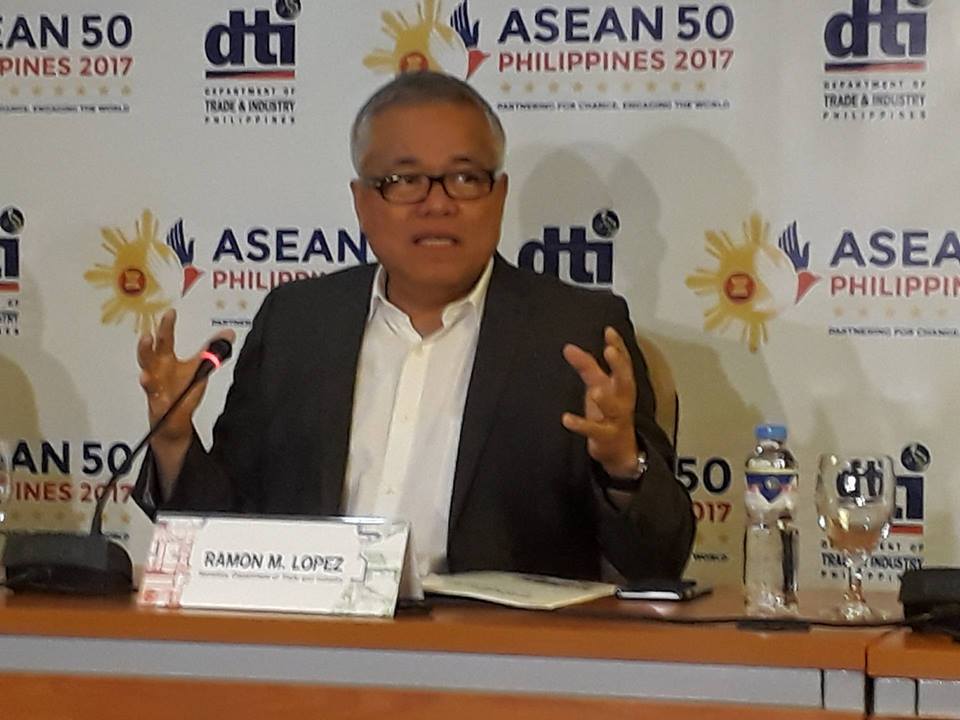
MANILA — Trade Secretary Ramon Lopez said increasing the supply of goods through importation coupled with the lowering of tariffs on these imports, as the recipe to address rising inflation.
After the National Price Coordinating Council (NPCC) led by the Department of Trade and Industry (DTI) Wednesday, Lopez said the government is open to importing goods in short supply so as to hold back price spikes.
Lopez, who is also the NPCC chair, said the Department of Agriculture also agreed that the country may import rice, sugar, fish, and vegetables.
The DTI chief added that the importation should be open to all players, unlike what happened to the sugar importation wherein the shipments were already allocated to selected players such as traders and millers.
“We augment the supply. When we talk of importation, we make sure that it will really go to the retail, either direct to the market or those industries that use the product,” Lopez said in Filipino.
“It should be open to all,” he added.
Shifting from quota system to tariffication will also boost the supply of goods in the market, he said.
Lopez mentioned that the economic managers are looking at imposing a uniform tariff of 5 percent in some imported agricultural products.
“The current discussion among economic managers, a uniform tariff of 5 percent will be reasonable. You still need 5 percent for administrative cost and managing this importation. On uniform rate — fish, meat, mechanically deboned meat, a big input to canned goods manufacturing,” he said.
“Just have taxes so it goes to the government, and then part of the tax revenues can be brought back to help the industry being affected. Buy machineries and for irrigation and all that, just earmark [a budget] so it will help in the productivity of farmers,” the trade chief added.
July inflation hit a five-year high of 5.7 percent driven by the 7.1 percent inflation in food and non-alcoholic beverages index.
Meanwhile, consumer advocate group Laban Konsyumer, Inc. (LKI) proposes a moratorium on any increases in the prices goods covered by suggested retail prices (SRPs) until end-March 2019.
“In two weeks’ time, we shall enter the ‘“-ber” months where pressures on demand and supply of BNPC (basic necessities and prime commodities) can trigger another round of price increases,” said LKI, which was founded by former DTI undersecretary for Consumer Protection Group Victorio Mario Dimagiba.